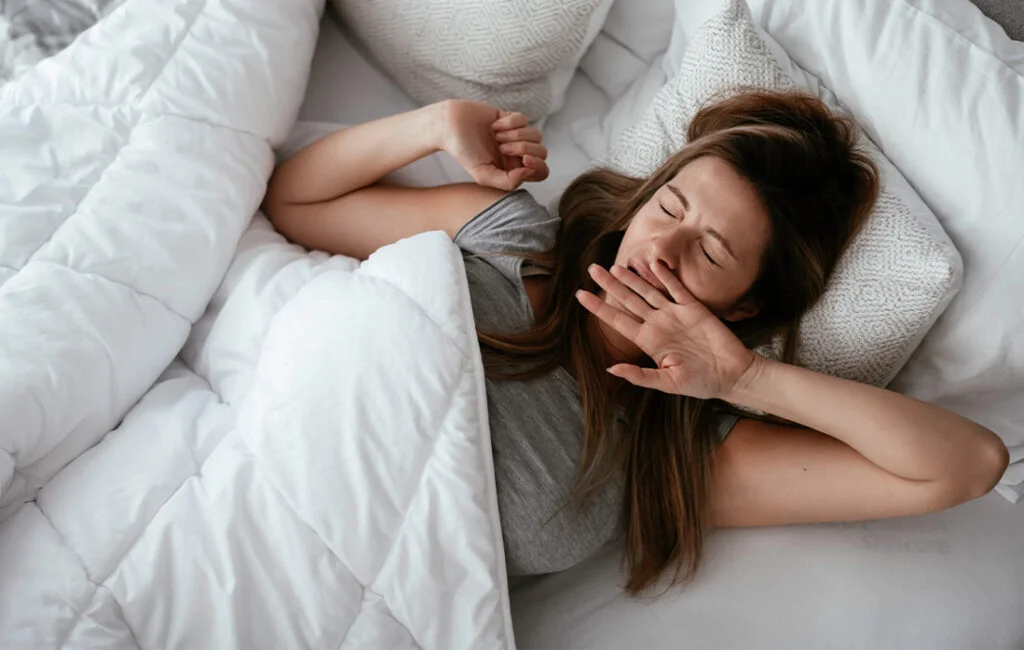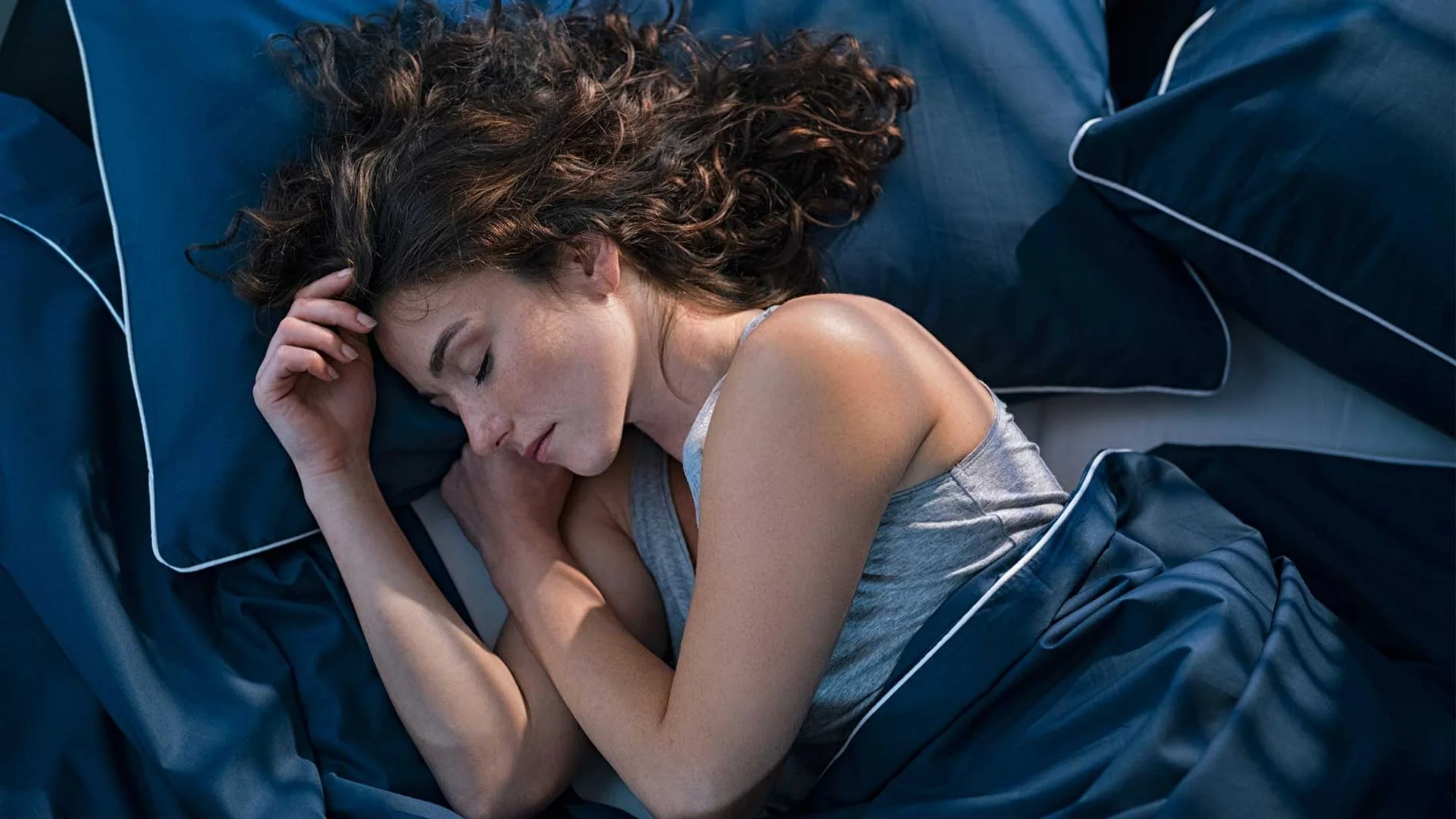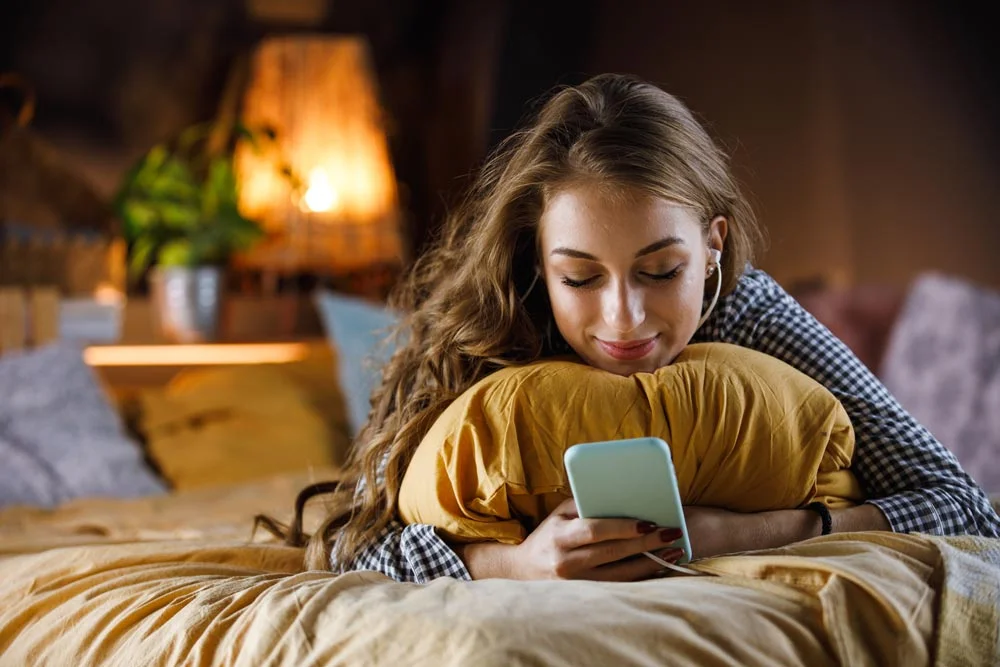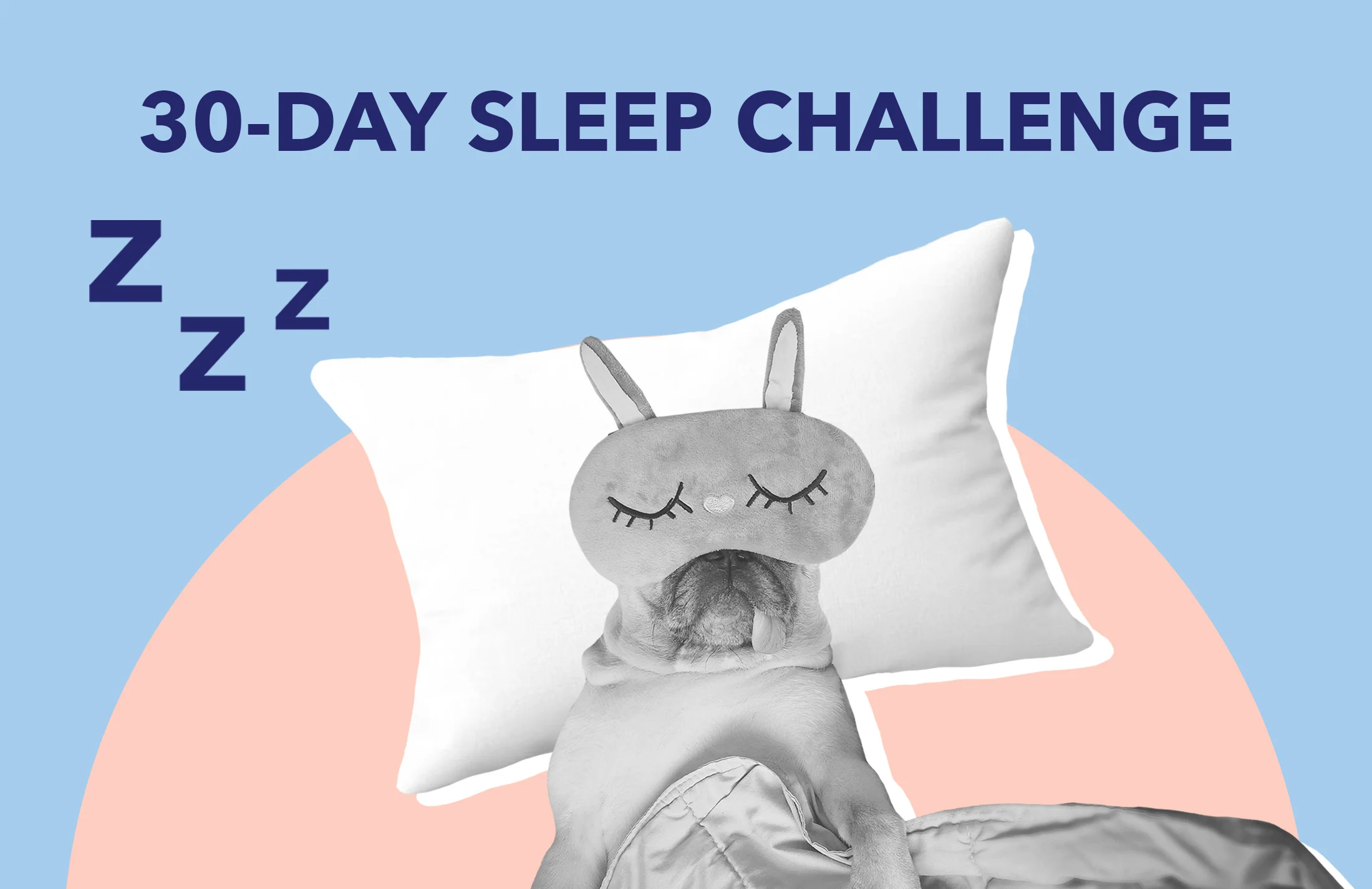
These days, it seems like more and more influencers are sharing their nighttime and sleep routines on TikTok. Influencers have all sorts of reasons for posting these routines, some are marketing quick fixes, giving advice on how to wake up looking better than when you went to sleep, and some are simply trying to share what works for them.
TikToker Miles Taylor L. (@mtizzlesillylittlefikfok) recently shared her elaborate nighttime routine that she uses to fall asleep “as someone with ADHD and OCD that cause horrible insomnia.” In her video breaking down her sleep routine, she list all of the products she uses and steps she takes to help her get quality rest before bed.
People who experience ADHD and OCD know that both disorders can have a pretty significant impact on your sleep, and this can require you to take steps before going to sleep to ensure that you get a solid night’s rest.
So, if you’re wondering how this influencer’s bedtime routine helps her kick her bedtime ADHD and OCD symptoms, we’ve gone ahead and broken down Miles’ bedtime routine and favorite products for you.
What Products Does Miles Use in Her Sleep Routine?
The first product that Miles recommends in her video is a Hatch alarm clock, which use light and sound to create a gentler wake-up experience. Sunrise alarm clocks like the Hatch help regulate your circadian rhythm by simulating the sun, and according to Sleepopolis’s Dr. Shelby Harris “A regulated circadian rhythm will improve your overall sleep quality, mood, health, and well-being. Using an alarm clock that simulates the sun helps with falling asleep faster and waking up quicker in the morning.”
As for wearable products, Miles uses a bonnet to keep her hair from touching her face and neck, and she wears a weighted eye mask, noting that “the weight on your eyes makes you so tired.” Dr. Harris has this to say on weighted eye masks: “However, weighted eye masks not only block out the light, but also use deep pressure stimulation or deep pressure touch to relax the nervous system.” Dr. Harris goes on to say that, “there are studies that support the use of deep pressure therapy to help reduce anxiety and promote relaxation. Deep pressure stimulation can also be very beneficial for those diagnosed with autism, anxiety, ADHD, and PTSD — this is where the majority of research supporting its use is. Limited but promising research suggests it might be useful for sleep.
Miles also uses magnesium and melatonin products to help her fall asleep, including magnesium oil foot spray and a melatonin spray. While some people find that natural sleep aids like magnesium and melatonin help them fall asleep and stay asleep, Dr. Harris says, “while some natural sleep aids can help some people get better sleep, they are not the panacea many people believe them to be. Melatonin and magnesium are being added to so many things like hot chocolate and body sprays and lotions, yet the data behind them is still quite lacking and inconsistent.”
Miles says that she also uses anxiety medication to fall asleep, and this is an option that you can talk to your doctor about if you feel like it is the right step for you.
What Does Miles Do as a Part of Her Sleep Routine?
Before bed, Miles has her room set to less than 70 degrees Fahrenheit. According to experts, a dip in core body temperatures can help your body recognize that it’s time to go to sleep. Miles also says that she reads and eliminates screen time for about 30 minutes before bed. This is an example of good sleep hygiene, and by eliminating the artificial light you’re keeping your circadian rhythm from being thrown off and reading can help relax you before going to bed.
The last thing that Miles does is sleep with a stuffed animal, and she claims that “holding a stuffed animal to your chest presses on a nerve in your chest that controls fight or flight! Pressing on your chest signals this nerve that you are okay and to calm down.” It seems like the nerve that Miles is referencing is the vagus nerve, which is one of the main nerves in the parasympathetic nervous system, and there are many hacks out there aimed at calming your vagus nerve. (1) Miles could also be referencing Deep Pressure Therapy, which according to Dr. Harris, “can calm the nervous system, which boosts serotonin, dopamine, and oxytocin levels in the brain.”
Does Miles’s Sleep Routine Actually Work?
At the end of the day, all that matters is that Miles’ bedtime routine works for Miles, and based on her Tiktok it seems like it does. On the last slide of her video, Miles notes that her bedtime routine “is a lot. But if I don’t do it all I will try to remember all of the Spanish I learned in 9th grade or think of every embarrassing thing I’ve ever done.”
If you have ADHD or OCD and you’re also struggling to sleep, it’s a good idea to talk to your mental health provider or doctor about your specific issues.

Here’s Why This Influencer Dislocates Her Shoulder Before Going to Sleep

Addicted to Scrolling: TikTok and Sleep

10 Sleep Trends for 2024: Separating Fads from Science

30-Day Sleep Hygiene Plan
Sources
- Vagus nerve. Cleveland Clinic. Updated January, 11, 2022 https://my.clevelandclinic.org/health/body/22279-vagus-nerve


























